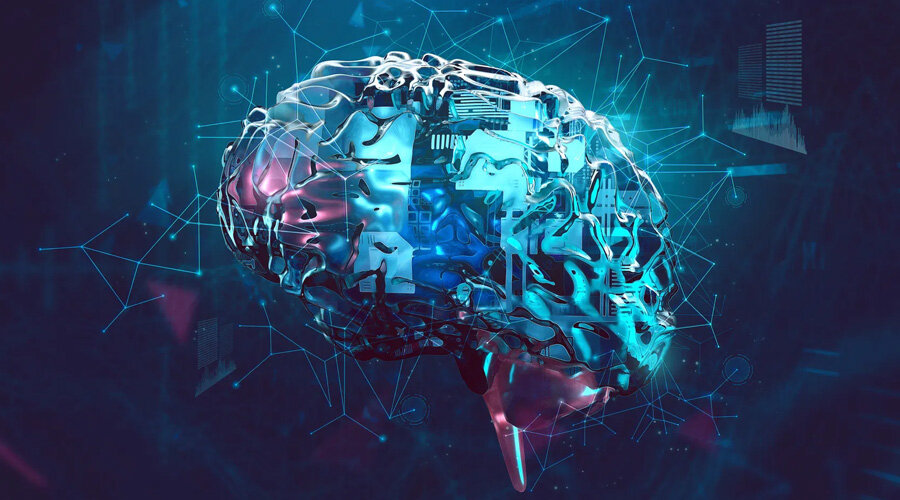
Machine learning is enabling a smooth shift in this COVID-19 struck world.
Machine learning is one of the most used technologies in this generation. It has varied capabilities that can transform businesses across industries for the better. From being considered as a niche technology, machine learning is now seeing an increased adoption within companies in all sectors.
From a global perspective, brands are leveraging machine learning to accelerate innovation and better customer experience. For example, Nike uses machine learning for personalized product recommendations. In the F&B industry, Dominos maintains its 10 minutes or less pizza delivery time using machine learning technologies. Another widely used example is how automobile giant BMW uses machine learning to analyze data from vehicle subsystems and predicts the performance of vehicle components and recommends when they should be serviced.
In 2020, machine learning became a priority for tech companies in order to achieve revenue growth while reducing costs. In 2021, those companies are now exploring many matured applications of this technology. Disruptive tech organizations have been leading this technology across many areas like process automation, customer experience, and security.
Following the continuing growth trend, these five industries are likely to adopt machine learning to change their business processes in 2021.
Healthcare Industry
The coronavirus global pandemic has highlighted the importance of investing in and optimizing the healthcare systems. Machine learning is being considered the most promising technology that enables healthcare providers to generate large volumes of data for insightful clinical decisions. Machine learning also enables huge processes in drug discovery, cutting down the long discovery and development time and reducing overall costs. It can also improve healthcare delivery systems to better the overall quality of healthcare under low costs. In the future, machine learning is predicted to be a critical part of clinical trials. Including pharmaceuticals and the biotech industry, machine learning will be having a huge impact in all aspects.
Banking and Finance Sector
The banking sector is already seeing many advanced use cases of machine learning, especially when it comes to fraud detection and automating processes. Machine learning applications will be proactively explored in areas in trading, investment modeling, risk prevention, and customer sentiment analysis. As countries are making digital transactions their primary mode of payment, machine learning is combining predictive analytics to play a pivotal role in helping financial companies to improve transaction efficiencies within the entire transaction lifecycle. Banks and financial institutions will also use machine learning technology to customize their banking products and offerings to stay up to date in the competitive environment.
Media And Entertainment Industry
Media giants like Amazon and Netflix have already popularized the data-based content consumption channels in recent times. When the world got initially struck with the global pandemic, the demand for new consumption models grew and left companies to leverage their artificial intelligence and machine learning capabilities to create value for the customers. In this process, machine learning is going to be crucial for the media and entertainment industry, whether it’s developing better recommendation engines, delivering hyper-targeted services, or presenting the most relevant content in real-time. Predictive modeling will also be key in communicating with the customers on time, anticipating their future demands, and making good investments.
Retail And Commerce Industry
The retail industry saw a big shift owing to the coronavirus pandemic. The pandemic has disrupted many traditional practices of this industry and machine learning has become a key enabler of change. From the perspective of brick and mortar stores or e-commerce companies, machine learning is helping this sector reinvent their supply chain, inventory management, predicting user behavior, and analyzing trends. Dynamic pricing is emerging as a key machine learning application to help retailers thrive in the competitive market.
Manufacturing Industry
IoT devices have already flooded this industry and it is only going to increase. Machine learning will be critical to bridging the gaps created by huge amounts of data. It will serve as a building block for the industry along with automation, data connectivity, real-time error detection, supply chain visibility, warehousing efficiency, cost reduction, and asset tracking. Keeping traditional processes aside, machine learning will facilitate innovation and efficiency in the coming days.
